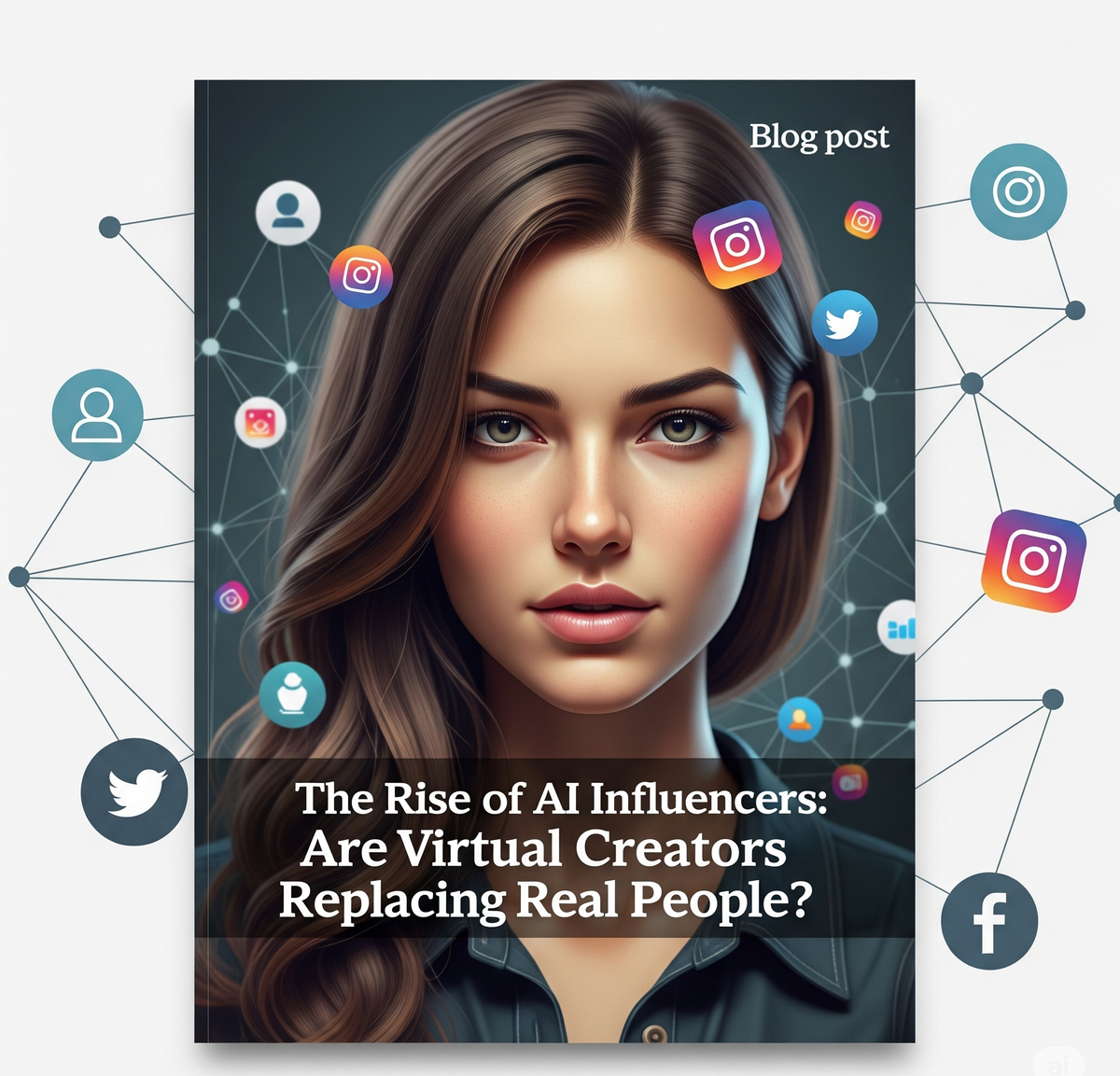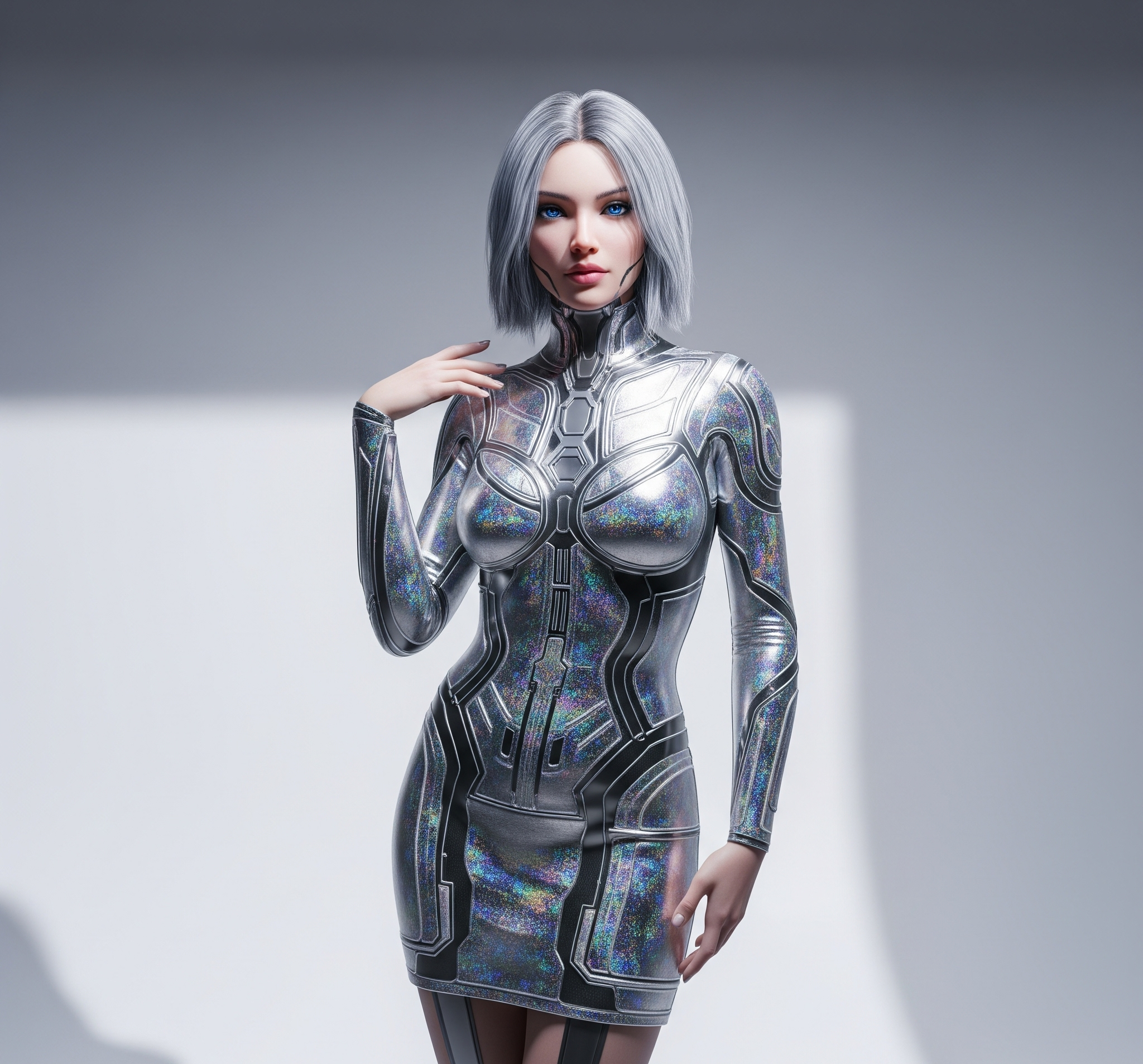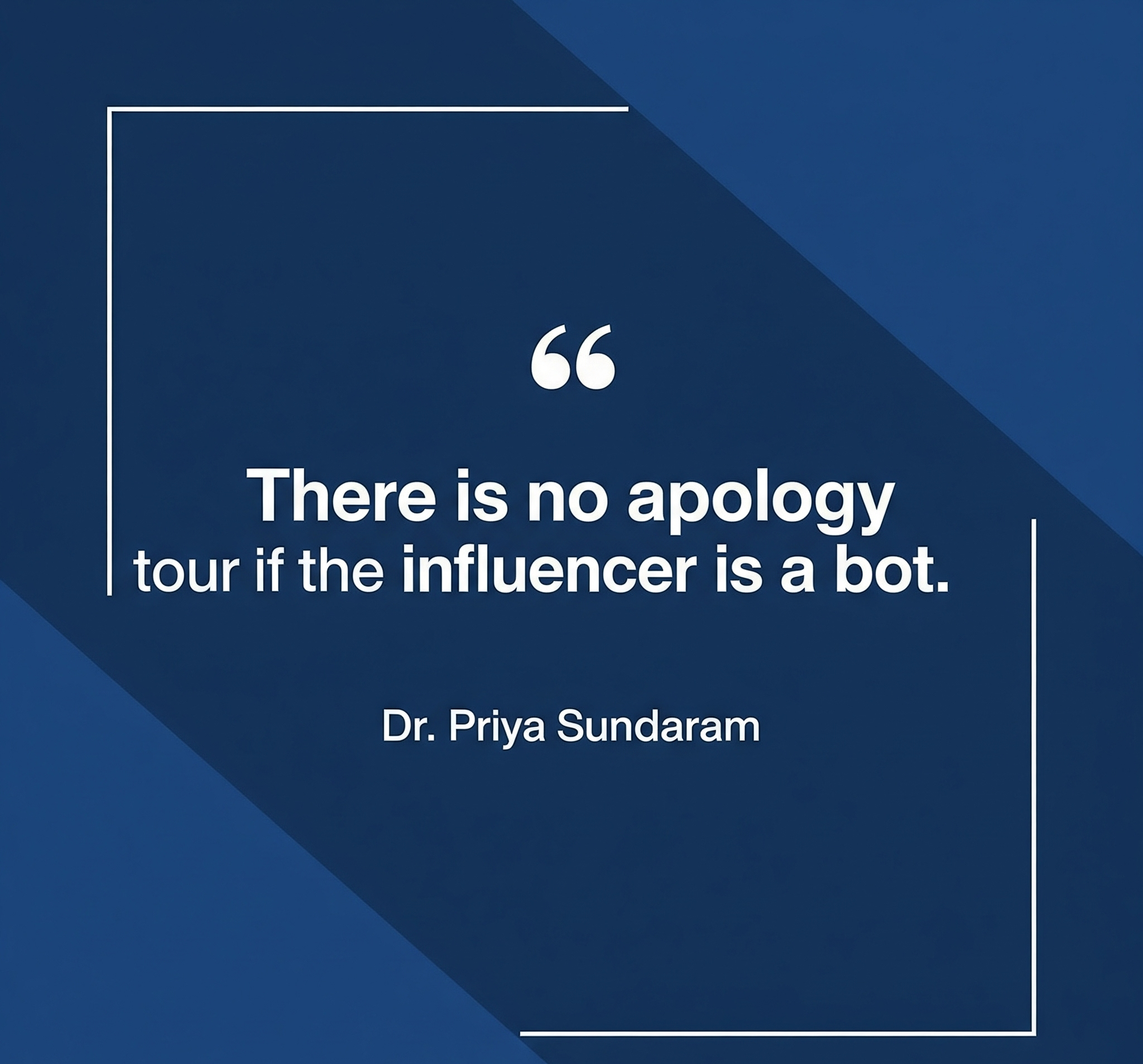The Rise of AI Influencers: Are Virtual Creators Replacing Real People?

[LOS ANGELES] – June 30, 2025
They don’t eat. They don’t sleep. They don’t age—and they never cancel brand deals.
AI-generated influencers, once a novelty, are now dominating marketing campaigns, social feeds, and even red carpets in 2025. According to Google Trends, search interest in "AI influencers" has jumped by 300% in the last 12 months alone. From Lil Miquela to Prada’s in-house avatar, brands are betting on bots. But are consumers buying in—or burning out?
Who (or What) Are AI Influencers?
AI influencers are digital personalities created using computer graphics, artificial intelligence, and algorithmic modeling. Some are operated entirely by companies, others are collaborations between artists and coders.
Take Imma, a Japanese virtual model with over 1 million followers. She’s not human—but she lands real deals with brands like IKEA, Puma, and even Vogue.
"She posts daily. She’s never late. She doesn’t gain weight or age," said an anonymous brand strategist in an interview archived on Archive.org.
And the tech is getting more sophisticated. Today’s AI influencers don’t just pose—they engage. Using sentiment analysis and machine learning, they reply to comments, start trends, and even feud with other influencers.
Why Are Brands Going All-In?
There’s no need to worry about scandals, scheduling conflicts, or surprise controversies.
AI influencers are fully controllable, hyper-efficient, and deeply customizable. According to Deloitte’s 2025 Creator Economy Brief, over 43% of surveyed brands plan to work with at least one AI-generated influencer this year.
And it’s not just fashion. AI fitness coaches, AI parenting bloggers, and AI wellness guides are gaining traction—especially on platforms like Threads and TikTok.
"There is no apology tour if the influencer is a bot," noted Dr. Priya Sundaram, AI policy analyst at Cornell AI Ethics Lab, in a statement shared with Allegedly.

What About Ethics?
While AI influencers reduce risk for brands, they raise major ethical questions for consumers:
- Are we being deceived by polished personas that aren’t real?
- Should these bots disclose they’re not human?
- What happens to human creators?
Human influencers are pushing back. Threads screenshots archived on Archive.org reveal several creators protesting algorithm bias that prioritizes bots over people.
“This isn’t competition—it’s replacement,” posted a Threads user named @IndieRealDeal. “We’re being erased by avatars.”
Some platforms are beginning to label AI accounts—but enforcement is inconsistent.

What Happens Next?
Experts predict a hybrid future, where AI avatars and real creators collaborate—or clash.
Marketing futurist Adya Sharma told Allegedly, "We’ll see AI influencers handling scripted PR campaigns, while human creators double down on authenticity. The tension between real and unreal will define brand trust in 2026."
Already, tools like Justia and CourtListener have tracked trademark lawsuits where human influencers claim brand confusion with AI bots.
Meanwhile, Google Trends data indicates a surge in searches for “AI influencer lawsuits” and “digital identity theft.”
Final Thought: Is It Fame or Fraud?
As AI creators amass followers, endorsement deals, and clout—should we embrace them as the next phase of entertainment? Or are we surrendering influence to code?
"If an influencer goes viral for being relatable—but they’re fake—what are we even celebrating?" tweeted digital culture critic @MayaTruths.
The line between creation and manipulation is getting blurry.
Call to Action: Would you follow an AI influencer if you knew they weren’t real? Drop your thoughts in the comments or vote in our community poll.
Sources: Google Trends, Archive.org, Cornell AI Ethics Lab, Deloitte Creator Brief, Threads/X screenshots



